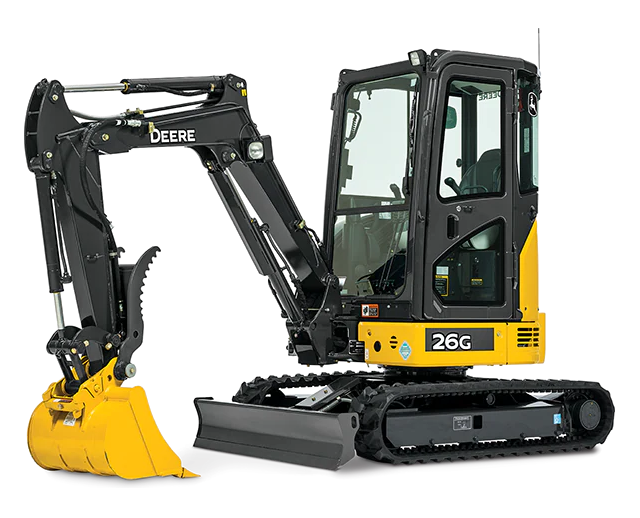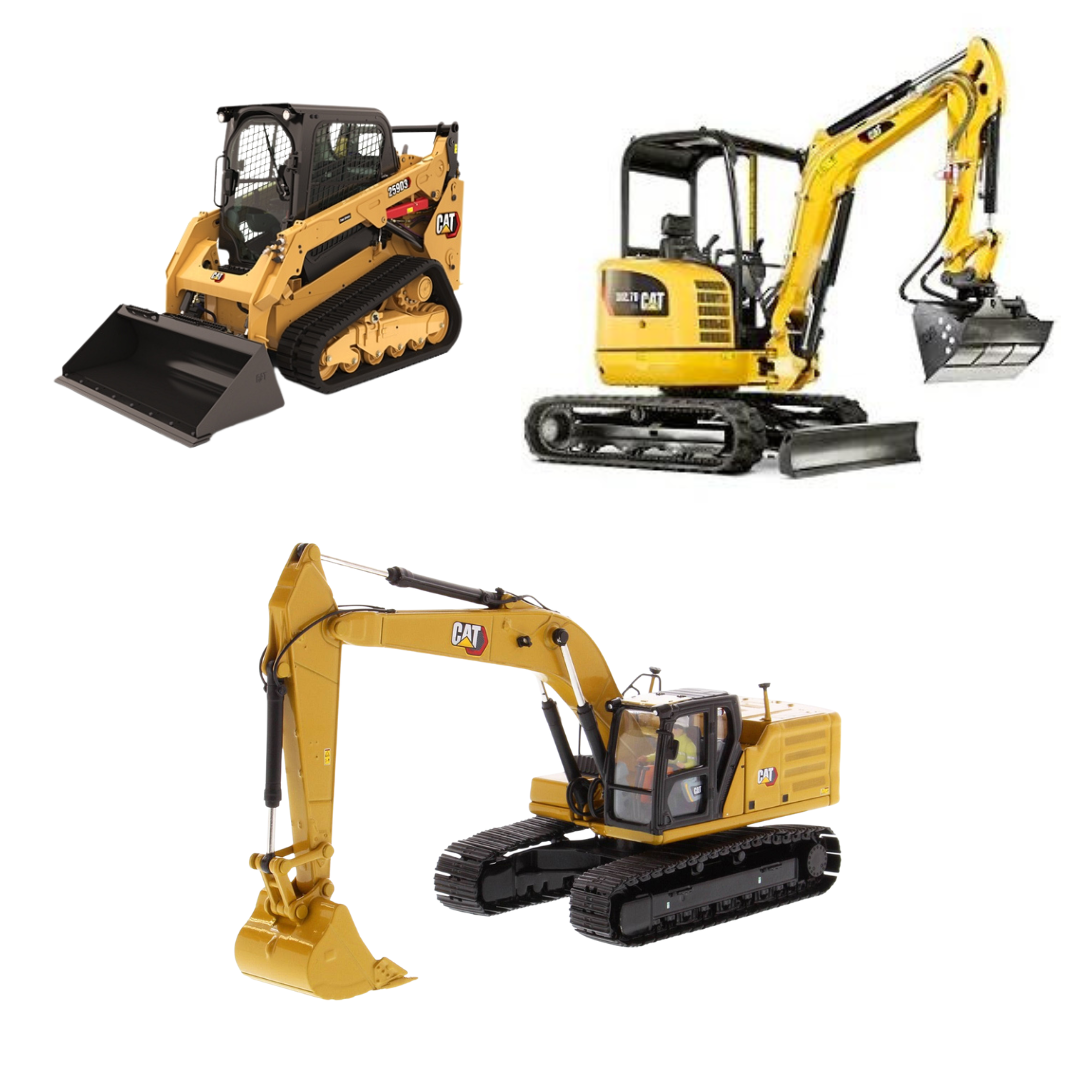Maximize Your Spending Plan by Understanding the Costs Connected With Building And Construction Devices Rentals
Recognizing the full extent of expenses related to building and construction devices leasings is essential for optimizing your budget plan. While the first rental fee might appear straightforward, many extra expenses-- such as transport, fuel surcharges, and maintenance-- can quickly accumulate, impacting your monetary preparation. Being aware of numerous costs and the complexities of rental agreements can assist prevent unforeseen economic problems. What techniques can be used to efficiently manage these costs and ensure a more reliable rental experience?
Overview of Rental Costs
When taking into consideration building and construction devices services, recognizing the connected expenses is critical for reliable budgeting and job preparation. Rental prices can differ considerably based upon several aspects, including equipment kind, duration of service, and location. The preliminary rental cost often mirrors the equipment's market demand and its linked operational abilities, affecting the overall expense.
Along with the base rental rate, secondary costs may emerge, such as transportation charges, gas additional charges, and maintenance fees. It is vital to represent these extra expenditures to accurately evaluate the overall price of renting equipment. The rental duration can influence rates; longer rentals may qualify for discounted rates, while short-term leasings may incur higher everyday fees.

Break Down of Rental Rates
A comprehensive understanding of rental rates is essential for contractors and task supervisors intending to enhance their budgets. Rental prices for building and construction devices normally include several parts, including base rates, time-based fees, and use fees.
Base rates are the core costs connected with the rental of the equipment, often established by the kind and size of the equipment. These prices can vary dramatically, affected by elements such as equipment need, availability, and local market patterns. Time-based charges, which might be daily, weekly, or monthly, serve to suit different project timelines and rental periods.
Furthermore, rental rates might include use charges, which apply when tools is used past a specified limit, making sure that the rental company can make up wear and tear. Seasonal need fluctuations can additionally impact rental prices, with peak construction periods usually regulating higher rates.
Moreover, recognizing the rental company's policies pertaining to maintenance and insurance coverage can supply further understanding right into the overall expense framework. By evaluating these parts, professionals can make enlightened choices, guaranteeing the option of rental equipment lines up with both job needs and budget restrictions.
Extra Charges to Take Into Consideration
Recognizing the intricacies of additional fees is important for specialists to handle their total service expenditures properly. Past the typical rental prices, numerous supplementary charges can dramatically impact the total price of tools service. These fees usually include shipment and pickup charges, which can vary based on distance and logistics associated with transferring the equipment to and from the job website.
In addition, some rental firms might impose fuel additional charges if the tools is returned with much less fuel than when rented. It is additionally necessary to recognize prospective cleaning fees, specifically for specific devices that requires thorough upkeep after use.

Extensively examining the rental agreement and clearing up these additional costs in advance can help service providers make certain and prevent unanticipated expenses that spending plans stay undamaged throughout the job lifecycle.
Upkeep and Repair Work Expenditures
Routine repair and maintenance expenditures are typically overlooked aspects that can significantly influence the total cost of building and construction equipment leasings. When renting tools, it is crucial to consider not just the rental fees but additionally the possible expenses connected with maintaining the machinery in optimal operating condition.
Many rental business consist of basic upkeep as component of the rental contract; nevertheless, more comprehensive fixings or unexpected break downs can cause added expenditures. It's vital to click here to read review the rental contract thoroughly to comprehend what upkeep solutions are covered and what duties drop on the occupant.
In addition, equipment that is not well-maintained can result in ineffectiveness on the task website, potentially boosting and triggering delays job expenses. To reduce these dangers, it is recommended to carry out routine evaluations and maintain open communication with the rental service provider concerning any issues that arise throughout usage.
Insurance Coverage and Obligation Costs
Insurance and liability costs are essential parts that can substantially affect the overall expense of building and construction tools leasings (dozer rental). These costs make certain that both the rental business and the client are protected from possible monetary losses arising from crashes, damage, or burglary during the rental duration

Furthermore, clients must be aware of any type of deductibles or exemptions in the insurance plan, as these can influence prospective out-of-pocket expenditures. Comprehending the terms of any insurance protection is vital to prevent unanticipated costs. Eventually, budgeting for insurance policy and liability costs can aid ensure a smoother used excavator tracks for sale rental experience and secure versus financial risks related to building and construction projects.
Final Thought
In conclusion, a comprehensive understanding of the prices linked with building devices rentals is essential for reliable spending plan administration. Ultimately, informed decision-making pertaining to devices rentals contributes to the overall success of construction undertakings.
Rental costs can vary significantly based on several aspects, including tools kind, duration of service, and place (aerial lift rental). The rental duration can affect rates; longer leasings may certify for discounted prices, while short-term rentals could incur greater daily check my reference costs
By conducting detailed study and engaging with reputable rental business, professionals can properly navigate the intricacies of rental prices, inevitably maximizing their monetary sources.
Beyond the typical rental prices, various extra charges can substantially influence the total expense of devices leasing. Rental firms frequently give liability insurance coverage that covers injuries to 3rd parties or damages to residential or commercial property, while tools damages insurance can cover the expense of fixings or substitute if the leased equipment is harmed.
Comments on “Forklift Rental: Heavy Training Equipment for Warehousing and Much more”